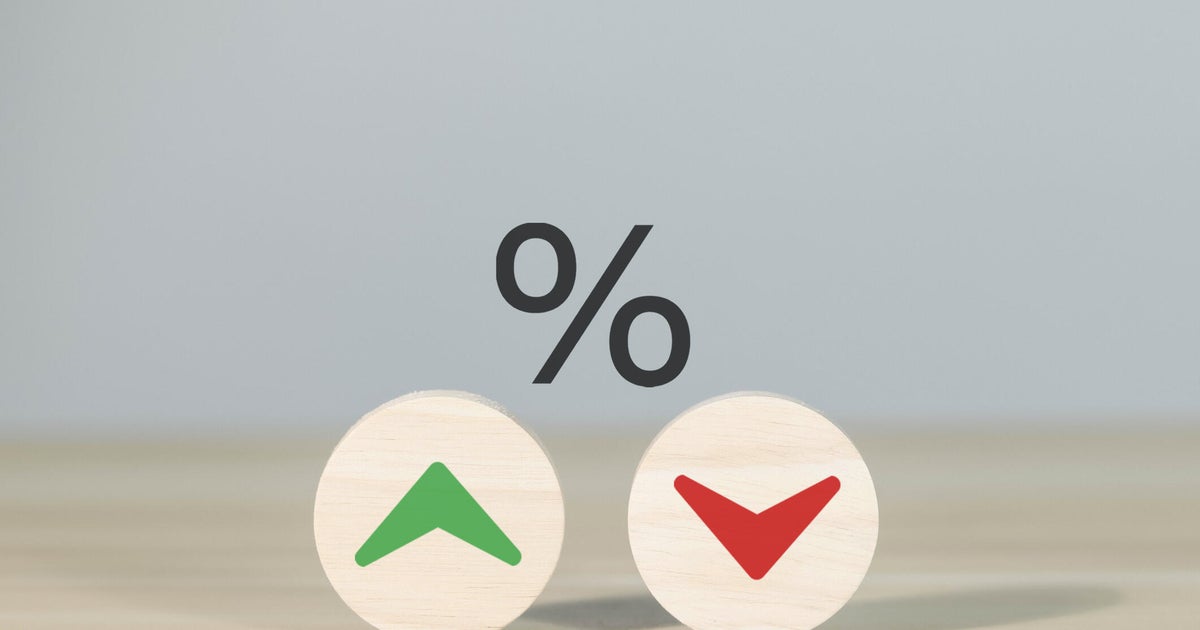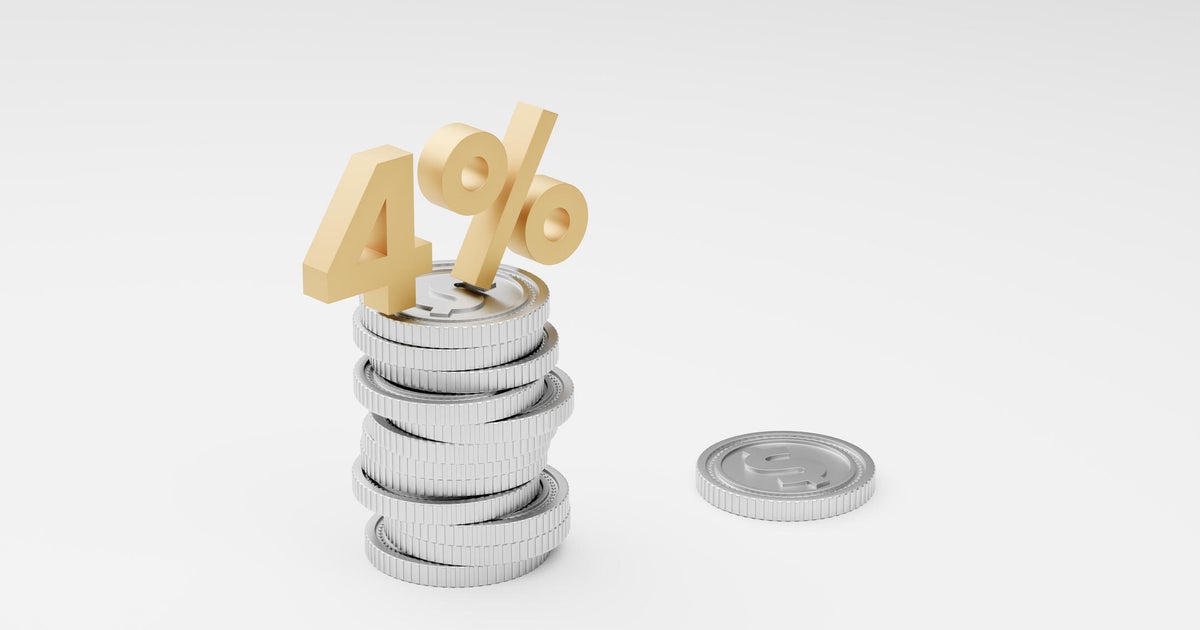What to do -- and not do -- as interest rates rise
The Federal Reserve's ninth interest rate hike since ending its zero percent policy in late 2015, and its fourth for 2018, is now a done deal -- as most observers expected. Why should you care, and how does this affect your financial decisions?
Among the obvious impacts of higher interest rates are rising loan payments for borrowers but also higher yields on savings accounts, certificates of deposit and money market funds. Looking at the downside, perhaps the biggest fear investors have about tightening monetary policy from the Fed is how it weighs on consumers so they reduce their spending, which can lead to an economic slowdown -- and possibly a recession.
But even with nine Fed rate hikes in three years, the U.S. economy has continued to grow and unemployment remains below a very low 4 percent. It feels as if the all-powerful Fed is no match for businesses' and consumers' urge to spend when they feel more confident about their economic future. But the stock market is looking into the future and doesn't like what it sees: The S&P 500 is down more than 12 percent since October, after the Fed's last rate hike.
Market watchers say higher rates will become an inescapable gravitational force on the economy. It's only a matter of time before people with loans that adjust to current market rates will find that their cash flow is getting tighter. Those looking to buy a home or a car will have a tougher time affording the monthly payments. Rising debt burdens will eventually have an effect on consumer spending, with people who are already overextended likely to feel the pain first and harshest.
With all this in mind, it pays to be ready for what a continuing series of interest rate hikes could do. Here are some financial strategies to consider in this rising-rate landscape:
- Build up your cash savings. If the economy slows, job losses may rise, so better to be prepared. A slowdown also means stocks will likely continue their descent, so there may be a buying opportunity for long-term-minded investors later next year.
- Keep excess cash in money market funds and hold off on purchasing new certificates of deposit until banks offer CDs with higher rates. Right now, savers can find money market funds that pay a current rate of more than 2 percent and let you tap your money any time without penalty. To get that rate in a CD, you'll have to lock in for nine to 18 months. Better for savers to let the latest rate hike work its way through the financial system and wait until next quarter to compare CD rates again.
- Pay down adjustable rate debt, especially if you have extra cash on hand. The aftertax cost of most loans is significantly more than the net interest earned on your cash.
- Don't use credit for discretionary purchases, especially if you need to carry a balance on a credit card.
- Use cash instead of credit. Credit card interest rates have started to go up and are already high in comparison to other loan rates.
- Consider refinancing your home equity loan into a fixed-rate mortgage.
- Keep excess cash in a money market fund and hold off on purchasing new CDs in anticipation of higher rates.
- Now is a good time to take that trip abroad because the U.S. dollar can buy a lot more overseas. If you plan on traveling, converting some dollars into the relevant foreign currency might make sense.
The bottom-line message from the Fed is this: Americans need to keep their debt at reasonable levels and spending moderate. That's a point worth keeping in mind whenever the urge to borrow or use credit arises.



